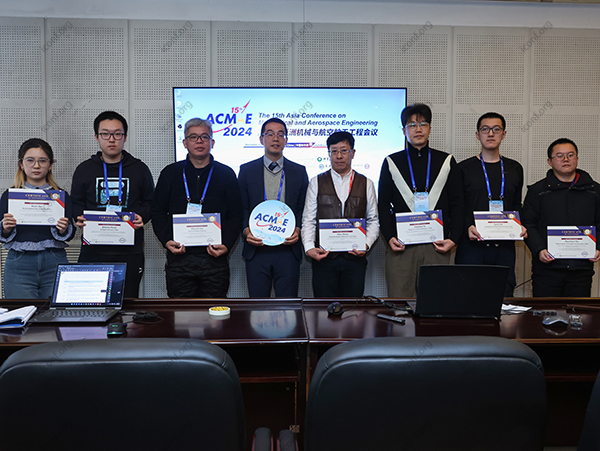Literary scholars and creative practitioners are invited to submit original work to a variety of 2025 calls for papers. Opportunities span critical theory, genre studies, comparative literature, creative writing pedagogy, and interdisciplinary approaches that engage culture, history, and media.

Advance Literary Scholarship
Contribute new readings of classic texts, theoretical frameworks, or contemporary literary movements.
Foster Interdisciplinary Dialogue
Engage with approaches from cultural studies, film, digital humanities, and performance theory.
Enhance Professional Profile
Peer-reviewed proceedings and special journal issues strengthen tenure dossiers, grant applications, and academic visibility.
Connect Globally
Present your research to international audiences of scholars, publishers, and critics.
Align your submission with one or more of these high-impact areas:
Comparative Literature & World Literature
Genre Studies (Novel, Poetry, Drama, Creative Nonfiction)
Literary Theory & Criticism
Postcolonial, Gender, and Queer Studies
Digital Humanities & Digital Literature
Adaptation Studies (Literature to Film/Stage)
Creative Writing Pedagogy
Eco-criticism & Environmental Literature
Use a centralized academic platform to streamline your search:
Filter by Subfield
Choose “Literature & Literary Studies” to view targeted calls.
Track Deadlines
Monitor abstract and full-paper submission dates in one interface.
Review Submission Guidelines
Confirm word counts, formatting styles, and peer-review processes.
Ensure Venue Quality
Select CFPs from reputable academic associations and journals.
Many scholars use iconf.org to locate and manage vetted literature CFPs without navigating multiple websites.
Match the CFP Scope
Ensure your topic aligns precisely with the call’s themes and keywords.
Craft a Concise Abstract
Summarize research questions, theoretical approach, methods, and key insights in 200–300 words.
Structure Your Manuscript
Organize logically—introduction, literature review, analysis, conclusion—for clarity.
Include Engaging Examples
Provide textual excerpts, comparative tables, or visual materials as appropriate.
Follow Formatting Requirements
Adhere strictly to templates, citation styles (MLA, Chicago), and submission instructions.
Proofread and Peer Review
Seek feedback from colleagues and consider professional editing to refine clarity and argumentation.
Preparing a well-focused, theoretically rigorous manuscript positions your work for acceptance and impact. Begin your 2025 literature submissions today and join the global conversation in literary studies.